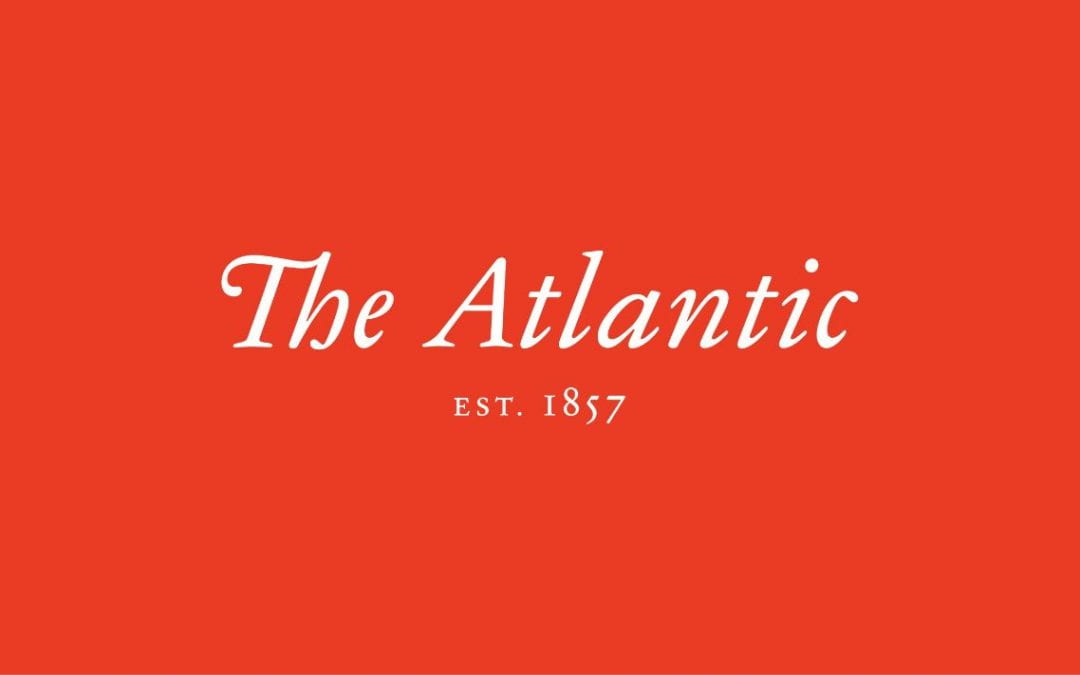In an in-depth feature in The Atlantic, “Why the Pandemic Is So Confusing,” Ed Yong interviewed two University of Washington researchers affiliated with the Center for an Informed Public, Kate Starbird, a CIP principal investigator and associate professor in UW’s Department of Human Centered Design and Engineering; and Carl Bergstrom, a CIP affiliate researcher, epidemiologist and professor in the Department of Biology.
Yong writes:
If officials—and journalists—are clear about uncertainties from the start, the public can better hang new information onto an existing framework, and understand when shifting evidence leads to new policy. Otherwise, updates feel confusing. When the CDC suddenly reverses its position on wearing masks, without having previously clarified why the issue was so divisive, it seems like an arbitrary flip-flop. “That’s a dangerous way to communicate,” says Kate Starbird at the University of Washington, who studies how information flows during a crisis. “It contributes to diminishing trust in organizations. And when people don’t have a place they can go for trusted information, it makes them vulnerable to disinformation.”

